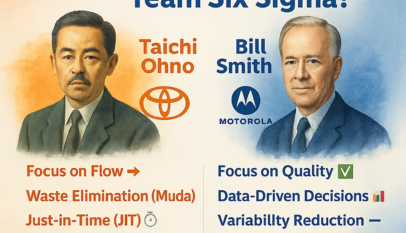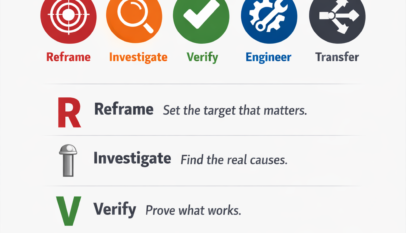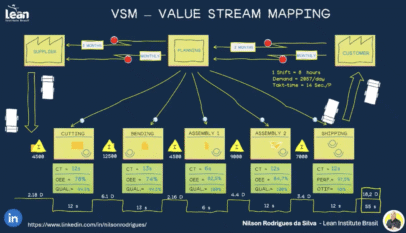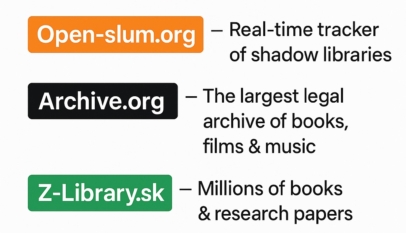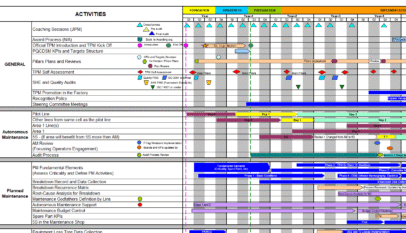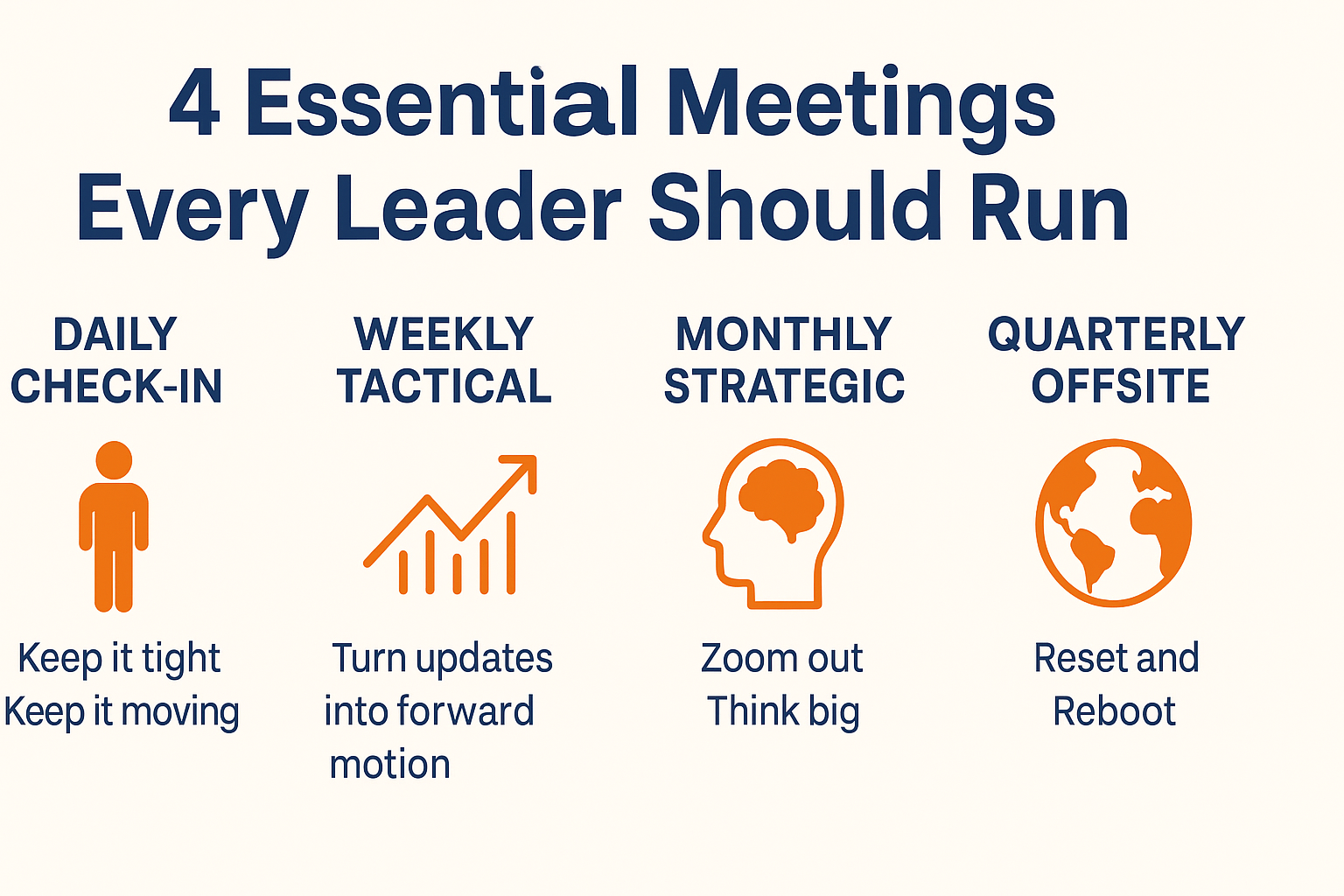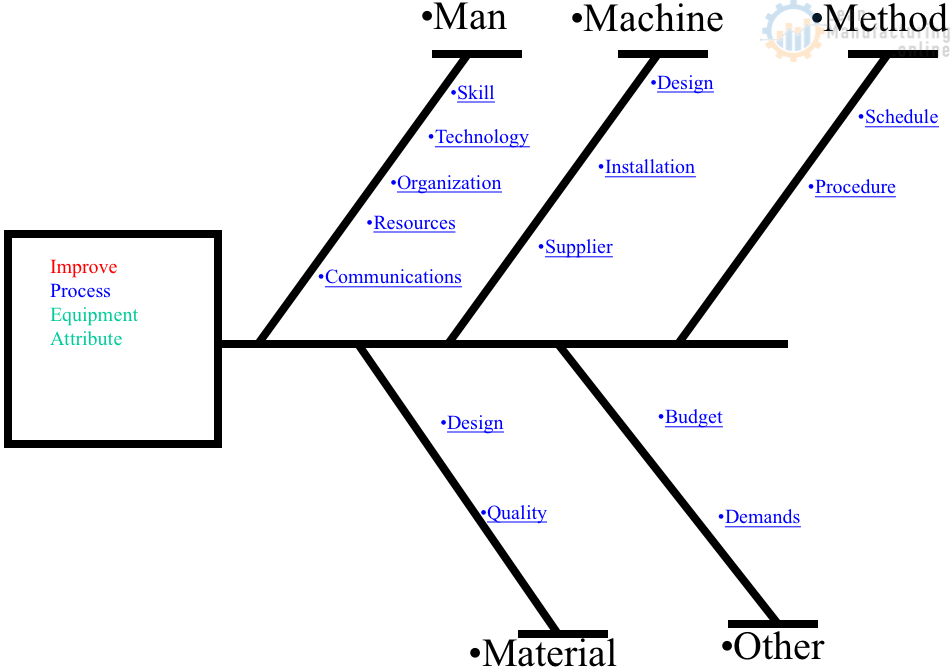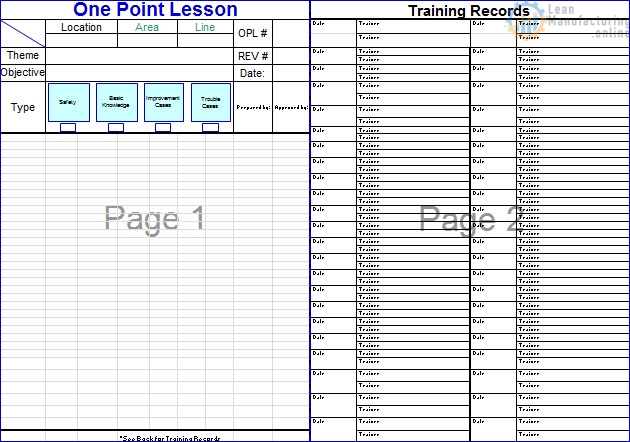Understanding the dynamics of project management begins with the rudimentary question – what exactly is a project? A project, as formally defined, is a temporary endeavour with a unique goal and typically a pre-determined budget. However, this definition only scratches the surface of the comprehensive nature of a project. Let’s delve deeper to understand the essence of a project truly.
The term ‘temporary endeavour’ signifies that a project is not an ongoing operation but has a definite start and endpoint. For instance, when implementing a new system, the project concludes once the system is successfully transitioned to regular operations. If a project seems to stretch indefinitely, it often indicates a lack of clear objectives.
Moving on to the unique goal of a project refers to the distinctive result a project aims to achieve. This could be a product, service, or any other outcome. For example, in a hospital implementing a new scheduling system, the unique goal revolves around addressing its specific needs and constraints. Whether dealing with staff shortages or scheduling equipment and rooms, each organization has unique objectives guiding its project.
Budget, another essential project component, is not solely about financial constraints. It includes other resources, like human capital or time, integral to project execution. A clear distinction must be made between projects and operations. While operations involve repetitive tasks producing the same results, a project is a one-time effort with unique outcomes.
To illustrate this, let’s consider a hospital scenario. The routine task of admitting patients with the same procedures and forms is operational. On the contrary, introducing a new scheduling system in the hospital is a project. This project would have a distinct beginning and end — starting with system development and concluding when the system is operational. The unique goal here would be to resolve scheduling issues, and the budget would encompass monetary and resource allocation.
Over your lifetime, you’ve undoubtedly participated in various projects, both professionally and personally. These projects are temporary endeavours with unique goals and budget constraints. Reflecting on your past experiences, try to identify the projects you’ve been a part of, considering their timeframe, uniqueness, and budget. In the supplementary exercise files, you’ll find a categorized list of my recent work, labelled as projects or operations, which might provide further clarity.
In conclusion, a project is not merely a task but a strategic alignment of resources to achieve a specific goal within a defined timeframe and budget. Recognizing this is the first step toward effective project management.

